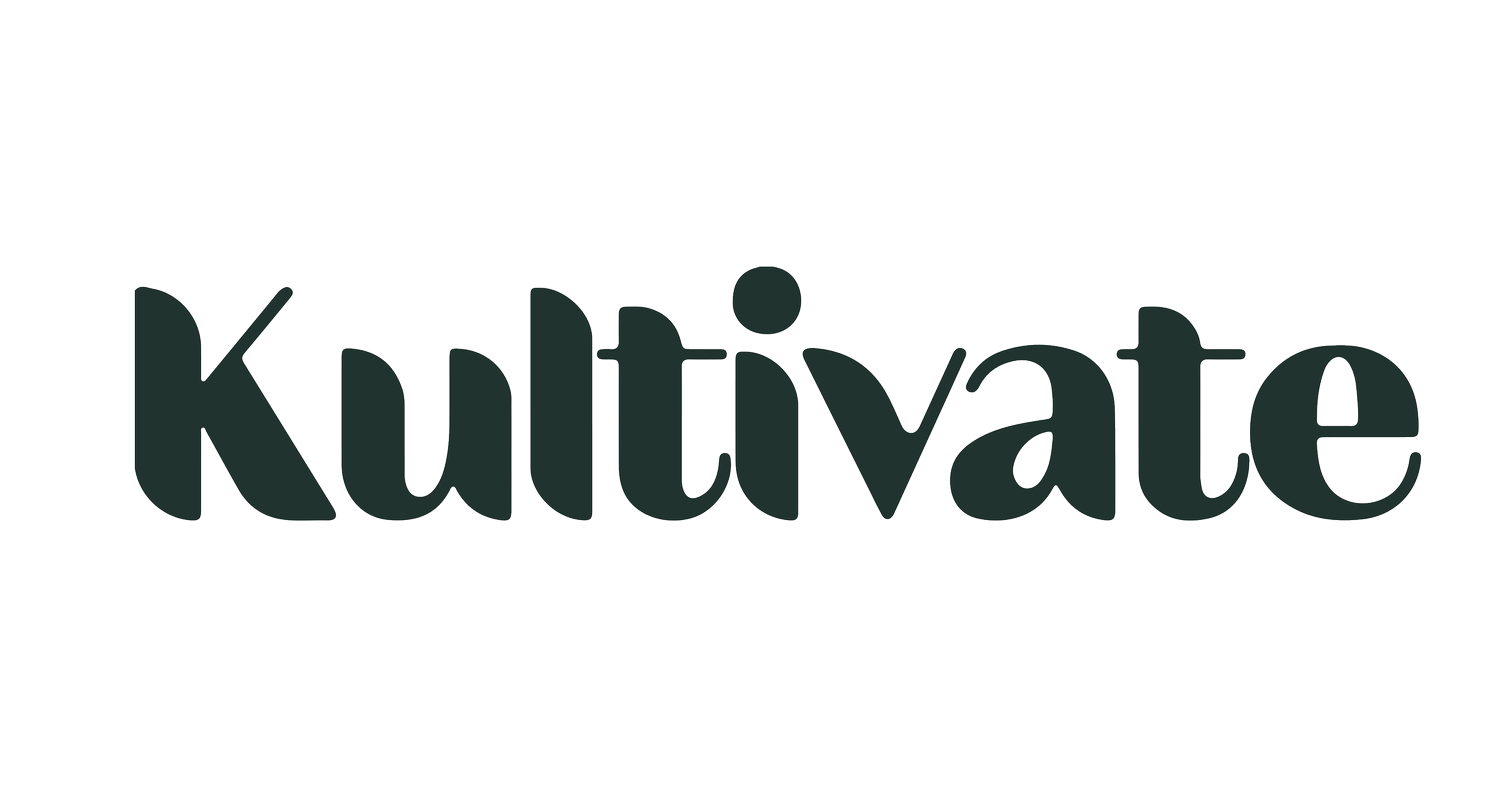Pain, Stigma & Gender in Healthcare
[3 minutes read]
I recently read Pain And Prejudice by Gabrielle Jackson and found it illuminating and enraging. The book is a combination of memoir and research-based social and medical criticism, and left me horrified yet determined.
I was especially struck by the huge gaps in medical research about and with females and women. Learning about how the male mind-body has been rendered prototype by our medical system, makes one question a lot about their training.
Pain and Prejudice thoroughly exposes the history of hysteria, revealing how medicine in general, and psychiatry in particular, has weaponized women’s and female diagnoses over generations.
This history has initially brought sadness to my gut, a twisting discomfort and heaviness about all those people over the history who have been gaslit, ignored, institutionalised, and abused, due to their mind-bodies.
I am left with more than sadness though, because as a disabled psychologist I feel a responsibility, which is also my great privilege, to change how we do healthcare.
After reading Pain and Prejudice I also read Laura Pettenuzzo’s short memoir piece about BPD which reveals how medical stigma affects disabled women, especially when they have a BPD diagnosis.
We can no longer accept healthcare that treats any human as less than. We must demand equitable healthcare for everyone. As both Pain and Prejudice and Pettenuzzo’s piece demonstrate, women and girls’ conditions have been, and still are, widely ignored and weaponised.
Although we don’t have enough research yet to support many people who experience conditions such as endometriosis and ME/Chronic Fatigue Syndrome, we sure have enough humanity to do our very best to try.
For me, this means constantly examining my unconscious biases, and avoiding generalisations in support and education. It means questioning research that I read, searching for and always amplifying living and lived experiences. It means I look at everything with a question mark - asking why people are experiencing their lives and bodies, and how they would like things to change.
Practising healthcare in a non-judgemental, and critical thinking manner, is every health and allied health professional’s responsibility. As practitioners, we have the power to change the unjust history of stigma, gender and pain.
I continue to work every day to make Kultivate the safe place you deserve. For those of us who have been excluded from medical treatment, research and society as a whole, there is nothing more important than knowing we are safe.
My greatest dream is for every person to feel safe to get their needs met. Everyone deserves to thrive.
Liel Bridgford
Psychologist, Writer, Educator
Kultivate Founder & Director
